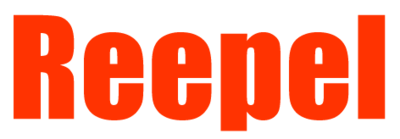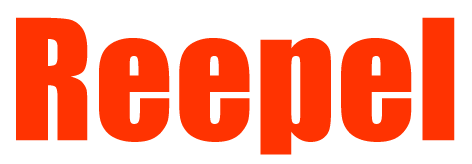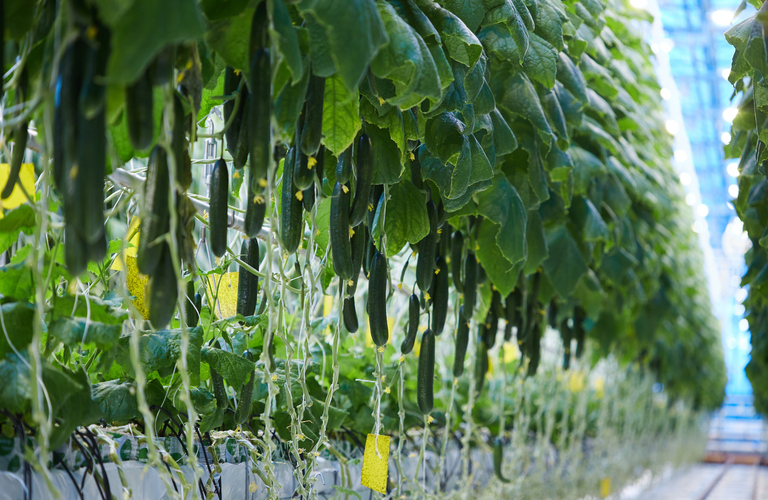Technology
Conventional Farming and Greenhouses/Soil-based Controlled Environment Agriculture(CEA)
Conventional farms require significant amounts of water and fertiliser but this is required to obtain high levels of yield/productivity.
Irrigation and fertigation are approaches utilised to enhance productivity in soil-based farms. We have developed a novel approach , known as Desai Microgation which exploits ability to target specific nutrients to the root zone and enhance nutrient and water uptake for plants. Reepel Microgation systems are scalable and tested with multiple varieties.
Our approaches can be aggressively used in closed systems such as greenhouses and CEA systems to significantly enhance growth rates and improved productivity. With increased production rates, the major benefit is a reduced cost per kg for produce.
Vertical Farming
Vertical Farming is the ability to grow plants in a controlled pest-free environment. This technique involves applying multiple levels of individual hydroponic/aeroponic trays. Vertical Farming has several advantages.
It can be used to grow
1. valuable crops
2. herbs/spices/ leafy vegetables with controllable taste, texture, and colour
3. valuable pharmacologically active biologics derived from plants
4. unconventional plants not endemic to the region
It, however, suffers from one major disadvantage , which is cost. High operating costs have led to problems with several vertical farming companies. Our advanced technologies have been able to significantly reduce this cost , which leads to Reepel's integrated proprietary vertical farming system and with a specialist aquaculture partner, an integrated modified-aquaponics system. Reepel has demonstrated significant increases in productivity for various crops and systems, which are able to decreases costs significantly for operations, making some products viable to be produced using vertical farming technology. Complete control in the vertical farming system ensures high quality products produced with specific tastes and textures. We have partnered with sustainable renewable energy suppliers who can provide an array of appropriate options to provide net-zero food production systems. We have R&D facilities in the UK and the UAE with plans for projects with partners in these two countries.
Desai-Zimmerman Algal Bioreactor (DZ-ABR) Technology for Enhanced Production, Downstream Separation, & Disinfection
The background technology , DZFO , was developed to produce ultra-low cost microbubbles in our R&D company by Dr. Desai and Prof. Zimmerman.
Reepel has then developed proprietary bioreactors, termed as Desai-Zimmerman Algal Bioreactors - DZ-ABRs. These combine multiple proprietary unit operations developed by Desai and Zimmerman to provide amongst the most operationally intensive and capitally efficient bioreactors available globally. Desai and his team have developed scaled one pot reactors, applying groundbreaking technology to collapse operational costs. Combination of
1. enhanced production by increased mass transfer,
2. near-isothermal in situ product removal for enhanced product recovery and negation of metabolic inhibition,
3. ultra-low-cost solid separation using novel flotation systems - Desai-Zimmerman Flotation or Desai Foam Flotation.
4. 5-7 log disinfection using activated radicals
We use the following approaches to reduce operational costs.
We can utilise these reactors for multiple approaches individually or applied together:
1. capture CO2 and upcycle to produce multiple products.
2. recover nutrients from wastewater to produce various products
3. continuously extract biomass or biological products to ensure high production rates and low-cost extraction
Our technology coupled with partnerships with producers in various sectors enables cutting edge solutions to lower production costs for enduser products such as fertilisers , biologics, or feed.



